As the small restaurant sector reels from the devastating economic effects of the coronavirus pandemic, a report published Thursday by advocates for tipped workers and a $15 minimum wage revealed that phasing out subminimum wages for such workers—which can be as low as a little over $2 an hour—does not cause businesses to close.
In fact, the report—published by the Food Labor Research Center at the University of California, Berkeley and One Fair Wage—found that the five states with the greatest rate of decline in open hospitality businesses during the pandemic are all states with a subminimum wage.
That wage was set at $2.13 under a 1996 federal law resulting largely from lobbying by then-National Restaurant Association president Herman Cain. According to the U.S. Department of Labor, six states—Alabama, Georgia, Lousiana, Mississippi, South Carolina, and Tennessee—still set their wage for such workers at $2.13, with no requirement for employers to guarantee workers' combined pay reaches the $7.25 federal minimum wage threshold after tips.
Campaigners say it is no coincidence that these states are all in the South, as tipping itself is a direct legacy of slavery, as the report notes. Among its key findings:
- Paying tipped workers a full minimum wage with tips on top has not resulted in higher rates of hospitality business closures. In fact, the seven states that have fully eliminated the subminimum wage for tipped workers have had, on average, almost exactly the same decline in hospitality businesses being open as states with a subminimum wage;
- The five states with the greatest rate of decline in open hospitality businesses during the pandemic are all states with a subminimum wage; and
- The majority of states with "one fair wage"—a full minimum wage for tipped workers with tips on top—have had rates of decline in open small businesses in hospitality that are less than the median rate of decline for all states nationwide.
"The corporate trade lobby has ruthlessly gone after independent small business restaurants, restaurateurs, and tipped workers—the heartbeat of our economy—claiming that small business restaurants cannot bear the 'burden' of paying a full minimum wage for tipped workers during the pandemic, and that phasing out the subminimum wage for tipped workers would cause small business restaurants to close," Saru Jayaraman, executive director and founder of One Fair Wage, said in a statement.
"We are at a critical moment for tipped service industry workers, mostly women and people of color, who are facing unprecedented rates of housing and food insecurity, unemployment, and poverty," added Jayaraman. "Our nation's working people and our economy simply cannot afford to face the consequences of the false and inaccurate claims of the corporate restaurant lobby. It is time to build back better and restore the soul of our country. Over 500,000 small businesses and nearly 14 million workers are counting on it."
To that end, more than 200 small business restaurant employers have signed a letter released in conjunction with the report endorsing the Raise the Wage Act, a bill (pdf) that includes ending the subminimum wage for tipped workers. The bill—led by Rep. Bobby Scott (D-Va.) in the House and Sen. Bernie Sanders (I-Vt.) in the Senate—would phase in the $15 hourly minimum wage over the next four years and index it to median wage growth thereafter.
The legislation is now part of the Biden administration's $1.9 trillion American Rescue Plan for economic and pandemic recovery.
The letter calls the bill "particularly important to restaurant owners, because restaurants that would like to pay our employees livable wages are at a competitive disadvantage to restaurant groups that continue to leverage wages as low as $2.13 per hour to keep the true cost of food and hospitality artificially low in the minds of consumers."
"We must protect and uplift the most marginalized in the restaurant sector and ensure that as we level the playing field, tipped workers are not left behind," it states.
Chef José Andrés, founder of the food aid nonprofit World Central Kitchen, said that "sometimes when we talk about people who face hunger, we always seem to point to another country," but "the reality is that this is happening right here in our backyards, in our restaurants."
"It breaks my heart to know that many of these meals we are serving to those who cannot feed themselves or to people who share an industry with me, the restaurant industry," he added. "I'm proud to be supporting One Fair Wage—it's a gender issue, it's a racial justice issue... We have a chance to address these disparities with federal action."
Kathleen Menegozzi, owner of Jack's Pizza in Alton and Pittsfield, New Hampshire, said her business supports "a full minimum wage for all workers with tips on top because it's the right thing for workers and it creates more equality and sustainability for the industry."
However, resistance to raising wages remains fierce among capitalist interests and the politicians they influence through campaign contributions—resistance that flies in the face of the fact that two-thirds of Americans want the minimum wage increased to $15 an hour.
In a rare case of GOP lawmakers proposing a minimum wage hike, Sens. Mitt Romney (R-Utah) and Tom Cotton (R-Ark.) earlier this week said they would jointly introduce a bill that "gradually raises" the federal pay floor, although they did not provide specific details. They did, however, tie the pay hike to the provision "ensuring that businesses cannot hire illegal immigrants."
The GOP senators' announcement, dismissed as "transparently cynical" by Patriotic Millionaires chair Morris Pearl, came on the same day that fast-food workers and other frontline employees across the nation walked off the job to demand at least $15 an hour, collective bargaining rights, and better working conditions.
Supporters of the Raise the Wage Act got a boost earlier this week when the Congressional Budget Office, in response to a request from Sanders, said that raising the federal minimum hourly wage to $15 would have a significantly broader budget impact than two provisions of the 2017 GOP tax cut legislation passed through reconciliation—Arctic fossil fuel drilling and repealing the Affordable Care Act's individual mandate.
That impact, said Sanders, provides more evidence of why the wage increase complies with the Senate rules for passing a measure through the reconciliation process.
"It is popular, it is what the people want, it is what justice demands," Sanders told CNN. "So I'm gonna fight as hard as I can, and I believe that we will succeed."
This article first appeared on Common Dreams. You can read it here.
















 Right-to-repair laws could cut down on e-waste in our landfills.Photo credit: Canva
Right-to-repair laws could cut down on e-waste in our landfills.Photo credit: Canva
 Fed students do better in school.Photo credit: Canva
Fed students do better in school.Photo credit: Canva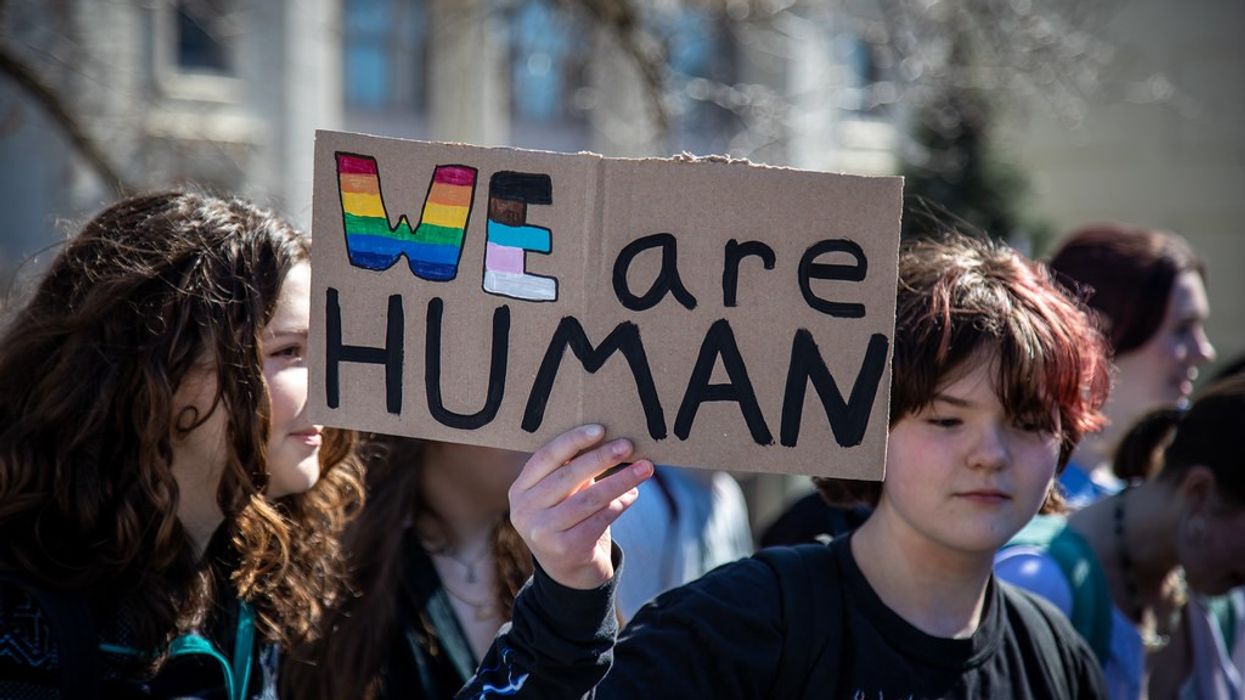
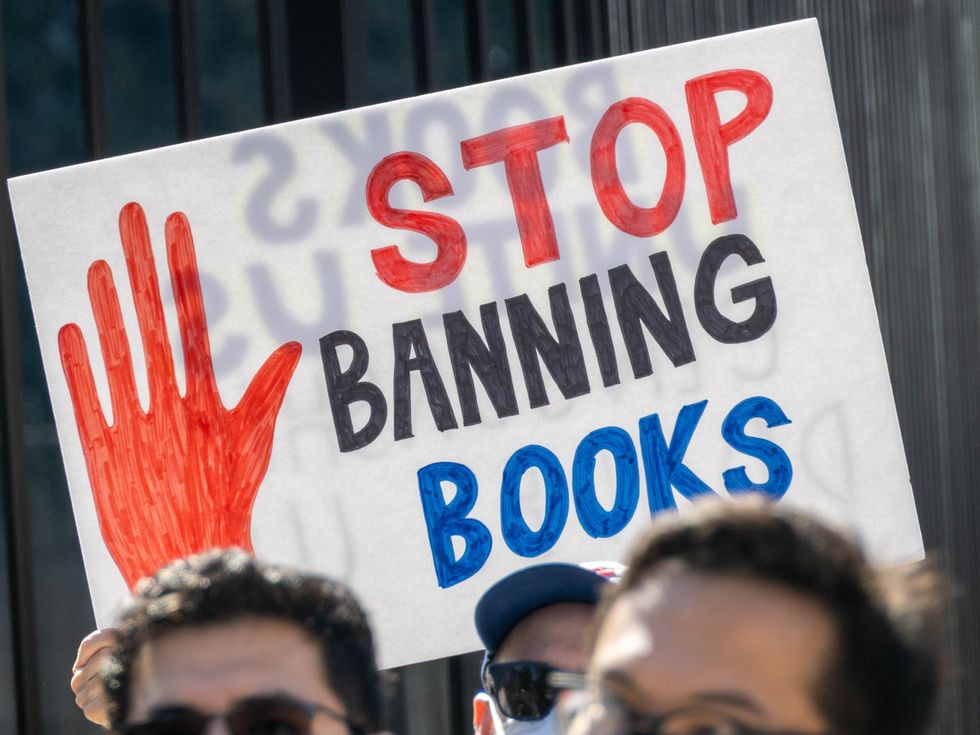 File:Book Banning Protest, Atlanta, GA 2-12-2022 P2120070 ...
File:Book Banning Protest, Atlanta, GA 2-12-2022 P2120070 ... a crowd of people holding a rainbow flag
Photo by
a crowd of people holding a rainbow flag
Photo by 
 pink green and yellow plastic straw lot
Photo by
pink green and yellow plastic straw lot
Photo by 
 a hand holding a red button that says i votePhoto by
a hand holding a red button that says i votePhoto by 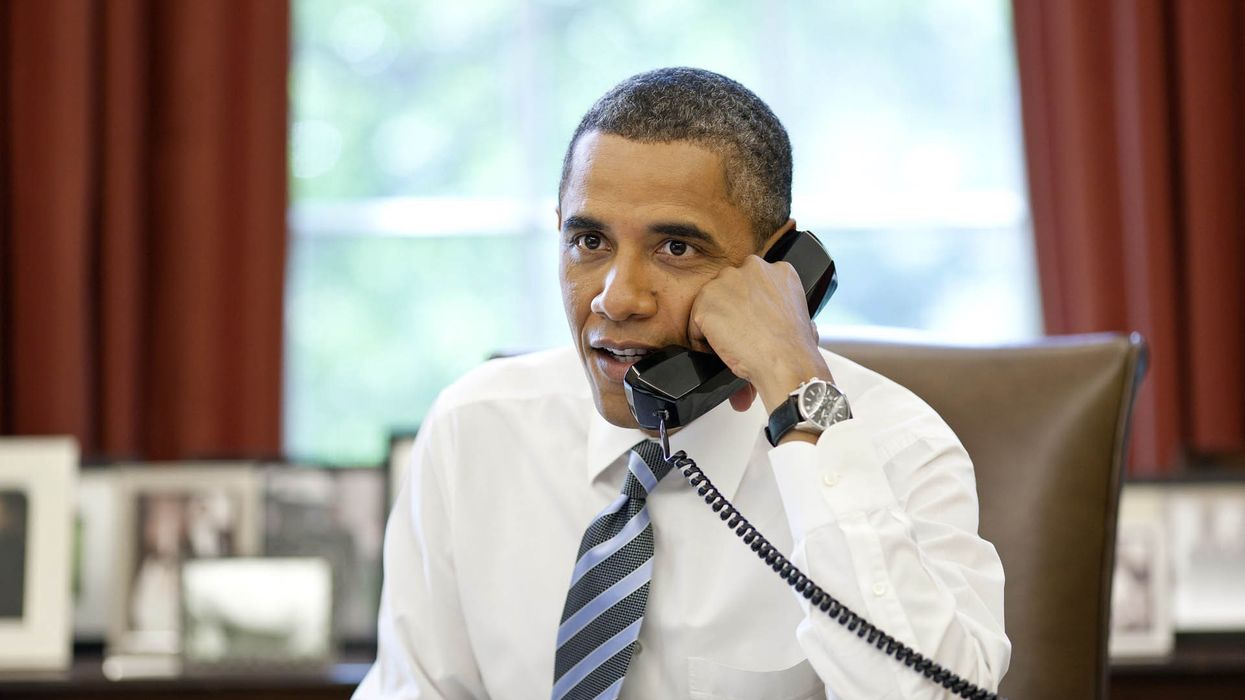
 Obama Reaction GIF
Obama Reaction GIF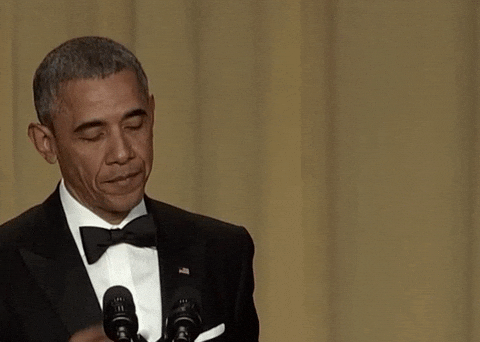 Barack Obama Mic Drop GIF
Barack Obama Mic Drop GIF Obama Reaction GIF
Obama Reaction GIF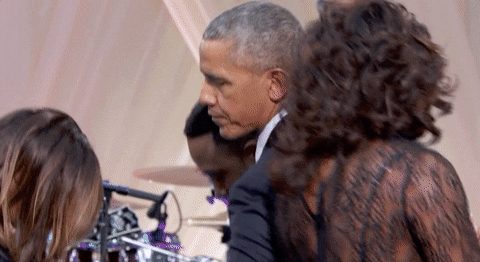 Barack Obama Dancing GIF by BET
Barack Obama Dancing GIF by BET